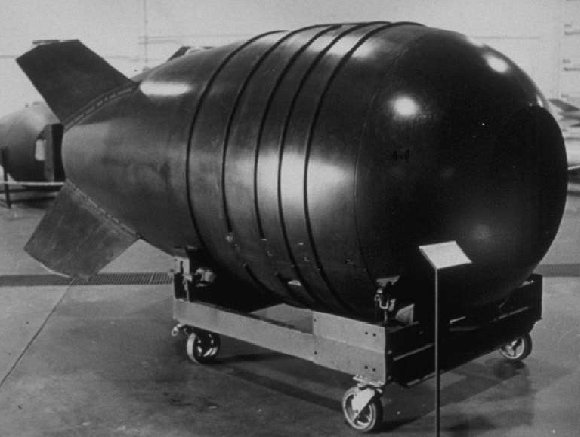Actions that have been completed in the past and thought at the time to be acceptable might not be thought as such in modern times. The way something is perceived at one time can greatly differ from the way that the same thing is looked at in the modern perspective. Perception can change for the better or the worse. Time and distance play a major role in whether something is viewed positively or negatively. Time can, as shown repeatedly in the past, impact the modern popular perception of an item, empire, action or even a single individual. There are specific examples of this that apply to everyday life as well as more broad examples that have changed history.
As time goes on, one thing can go from completely normal and socially acceptable to something not seen as such. There are many examples of this that are relevant in everyday life. One example of this that we see in everyday life is smoking. in the 1930's and 40's, the risks of smoking were unheard of, and the majority of people smoked. Even most physicians smoked. In advertising, companies tried to assure consumers that their brand of cigarette was without risk. Now, not only are the dangers of smoking well-known to the general public, and most people avoid smoking altogether, companies are socially and legally forbidden to advertise falsely. Another example of how perspective has changed over time towards an item is alcohol. From 1919 to 1933, it was even an amendment to the U.S. Constitution to outlaw alcohol. Now, although there are recognized risks to the use of alcohol, it is legal and anyone the age of 21 and over can drink it. As well as some everyday examples, there are a lot of examples that have had a major impact on our country alone.
The perspective of some things that have changed over time have affected the course of world history. One example of this is slavery. In the past, slavery was viewed in society as acceptable. Although there were always some who were against it, in the eyes of the general public at the time, slavery was ok. The people who could afford them, had them, and the people who couldn't afford them, had no problems with the others having them. Now, after the U.S. civil war, slavery is looked at with disgust. People disdain the thought of having slavery in their country's past. And people also dislike the concept that some countries still have slavery today. Another prominent example of something that is viewed much differently today are weapons of mass destruction. In WWII, nuclear weapons were used against the Japanese to end the war. At the time, the U.S. thought that the bomb was necessary and acceptable to use in the war. There is still much discussion today on whether or not the bomb was necessary. There is even an international agreement not to use nuclear, chemical, or any other types of weapons of mass destruction.
Over time, there have been many examples of how the perspective of things have changed. These examples are just like how the perception of Alexander the Great may have changed. Since his time, the stories of him have been looked at through many different points of view. Some of these perspectives have highlighted his greatness, and some of them have focused on his not-so-great attributes. Over all, there is evidence that Alexander was great in some ways, and not in others. And the way people view these different aspects are subject to change over time and distance.
Sources
Gardner, Martha N., PhD, and Allan M. Brandt, PhD. "“The Doctors’ Choice Is America’s Choice”." NCBI. US National Library of Medicine National Institutes of Health, Feb. 2006. Web. <http://www.ncbi.nlm.nih.gov/pmc/articles/PMC1470496/>.
"Prohibition in the United States." Wikipedia. Wikimedia Foundation, 18 Sept. 2013. Web. 20 Sept. 2013. <http://en.wikipedia.org/wiki/Prohibition_in_the_United_States>.
"Slavery in the Colonies." Slavery in the Colonies. N.p., n.d. Web. 20 Sept. 2013. <http://tdl.org/txlor-dspace/bitstream/handle/2249.3/663/05_slavery_colonies.htm>.
"Geneva Conventions." Wikipedia. Wikimedia Foundation, 09 Aug. 2013. Web. 20 Sept. 2013. <http://en.wikipedia.org/wiki/Geneva_Conventions>.











